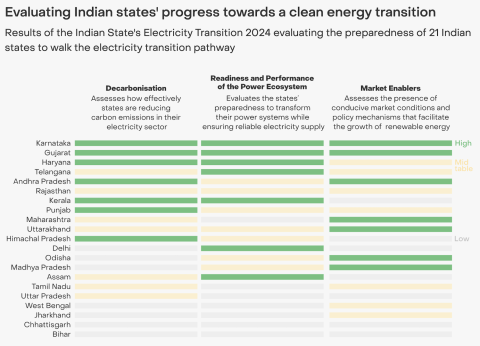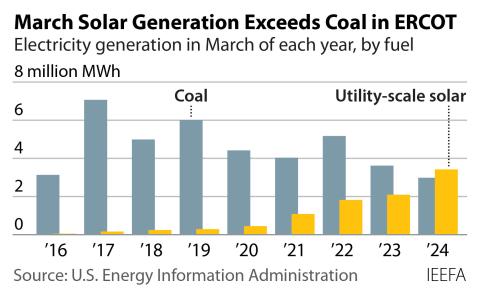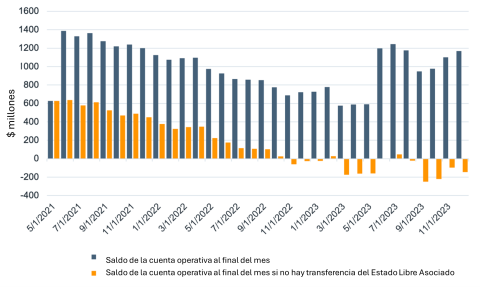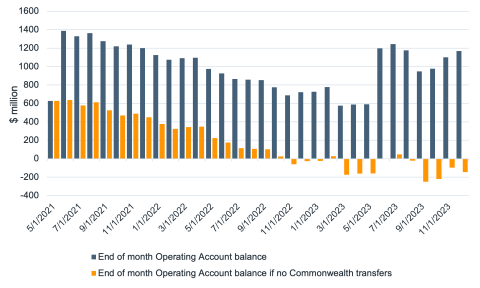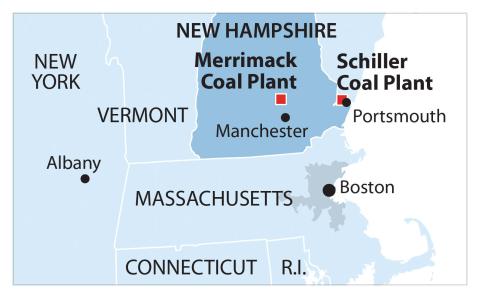Media Monitor: Mitch McConnell Is Miffed
Mitch McConnell takes umbrage—great umbrage!—at the Lexington Herald-Leader for calling him out on his campaign to incite states to defy the Environmental Protection Agency’s enforcement of the Clean Air Act.
The paper gives him room to rant this week, granting the senator prime op-ed space for the second time since early March, when he used the Herald-Leader as the springboard for his war on the EPA. This time, like last time, the senator burns most of his 650 words on pro-coal boilerplate.
The industry “keeps this commonwealth and this country running,” and “liberal progressives” are the problem, writes McConnell. The senator also hints—news flash—that he doesn’t like President Obama but wouldn’t mind hanging out with Laurence Tribe, the Harvard law professor and Peabody Energy confederate who is most recently in the news for going around saying that the EPA’s clean-air enforcement is unconstitutional.
The hook for the op-ed is last week’s Herald-Leader editorial, which provocatively tells it like it is: “Mitch McConnell and others who are trying to obstruct climate protections will be regarded one day in the same way we think of 19th-century apologists for human slavery: How could economic interests blind them to the immorality of their position?”
McConnell’s response: Can we talk about sex-trafficking instead?
The paper’s editorial is one for the ages, laying out the facts in unadorned detail, noting popular support for the EPA, and concluding with a dollop of common sense: “When change is inevitable the smart get prepared.”
Cool heads prevail over at the Charleston (W. Va.) Gazette, too, which published an editorial this week every bit as tough as the Herald-Leader’s and possibly more demanding, pressing for coal-relief dollars to be channeled toward building a better economy.
Here’s a searing snippet:
“West Virginia leaders haven’t launched intelligent planning for what will follow the economic transition that is in progress. West Virginia has wasted precious time and energy fighting pollution controls. What can be done to create new jobs in played-out coal counties? Can tourism be boosted? Can mine workers be retrained? Can electronic cyber-age firms be lured to rural mountains? Can smallish local startups succeed? Maybe some of this federal money could help struggling communities work out a better future.”
BOTH THE UTILITY INDUSTRY AND THE GOVERNMENT ARE ASLEEP AT THE WHEEL is the gist of numerous articles of note over the past several days that include one in Utility Dive. That data-driven piece, by Herman K. Trabish, describes a “wind rush” occurring from the upper Midwest into Oklahoma and Texas as investors and big electric users buy into wind.
Utility companies aren’t leading the charge, oddly enough, reports Trabish, who writes that non-utility companies taking bigger regional stakes in wind projects include IKEA, Facebook, Google and Mars. Trabish cites a broad trend driven by “direct investment by businesses, government agencies, and universities looking to lock in long-term low prices, reduce their environmental impacts, and meet institutional sustainability targets.”
He adds that big players nationally include Microsoft, Walmart, Yahoo, Amazon, the U.S. General Services Administration, Cornell University, Oklahoma State University, Ohio State University, and the U.S. Air Force.
“Utilities are falling behind,” says Trabish.
So is the U.S. Energy Information Administration, according to Sen. Maria Cantwell of Washington, the ranking Democrat on the Senate Energy and Natural Resources Committee. Cantwell sounded like the lead skeptic at a hearing last week at which senators pressed Energy Information Administration officials on a renewable-energy outlook Cantwell and others say is too conservative.
From Esther Whieldon’s write-up behind the pay wall at SNL: “Cantwell said she is concerned that the Department of Energy’s independent statistical and analysis arm is ‘continually underestimating the potential of renewable energy.’ Many entities have found the EIA’s assumptions are lagging behind the real world, she asserted.”
Whieldon’s colleague Amy Poszywak had a good one too, published under the headline “Panelists Argue Energy Policy Failing to Keep Pace With Private Investment,” from a conference sponsored by Bloomberg New Energy Finance.
The consensus among analysts, energy executives and politicians from both sides of the aisle: “Businesses, not the government, are continuing to lead the transition toward a cleaner energy economy.”
IT’S BEEN A BAD WEEK FOR TECK RESOURCES, THE CANADIAN MINING COMPANY that has made an expensive bet on Alberta’s oil sands.
An analysis by IEEFA’s Tom Sanzillo turned heads immediately in Vancouver and Toronto on Monday for its critical findings on the company’s finances. In Teck’s hometown, Business in Vancouver wrote it up under the headline “Teck’s Foray Into Oil Sands Questioned by New Analysis.”
The article, by Nelson Bennett, included this central passage from the report: “While oil sands projects are quite a small part of Teck’s overall portfolio, they absorb a large and growing portion of the company’s shrinking resources.”
Bennett added a terse reaction from Teck, which didn’t say much beyond dismissing the work as “conjecture.” The next day the company reported disappointing earnings, and drew this headline in a story by the Globe and Mail: “Teck Resources Cuts Dividend by Two-Thirds in Face of Low Commodity Prices”
That article, by Brent Jang, gave IEEFA the last word:
“A report issued this week by the Institute for Energy Economics and Financial Analysis, a sustainability think tank, questions the financial wisdom of investing billions of dollars into Fort Hills amid forecasts for a prolonged period of low oil prices. The report also argues that there is ‘no strategic rationale’ for Teck to forge ahead with its Frontier proposal to build an oil sands project to be located 110 kilometres north of Fort McMurray.”

